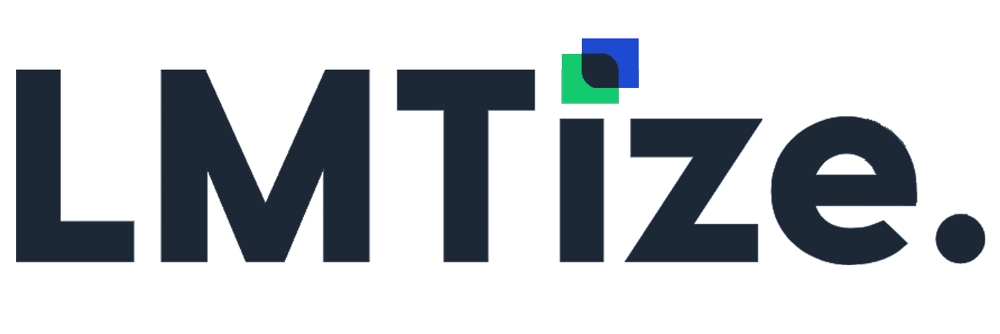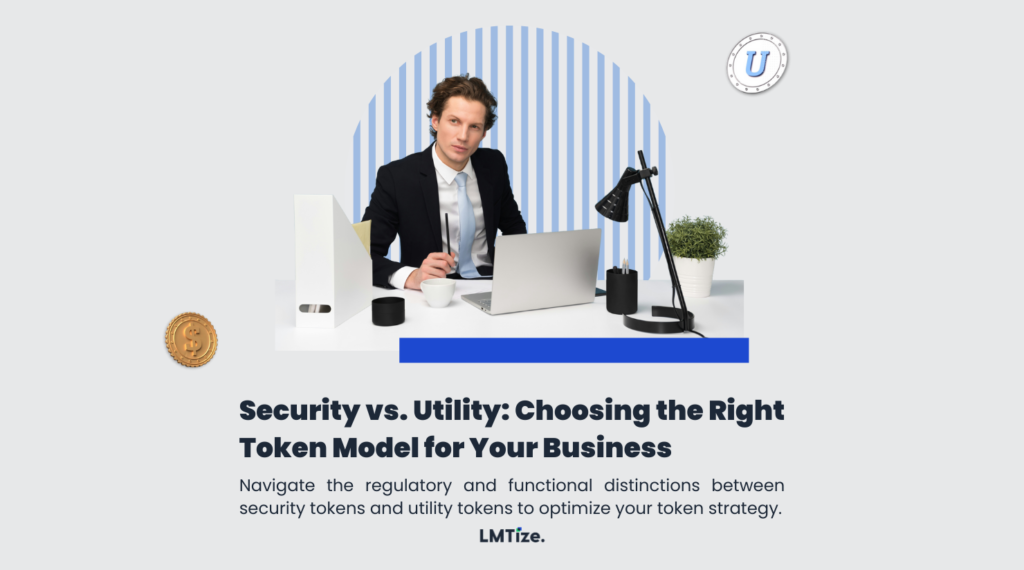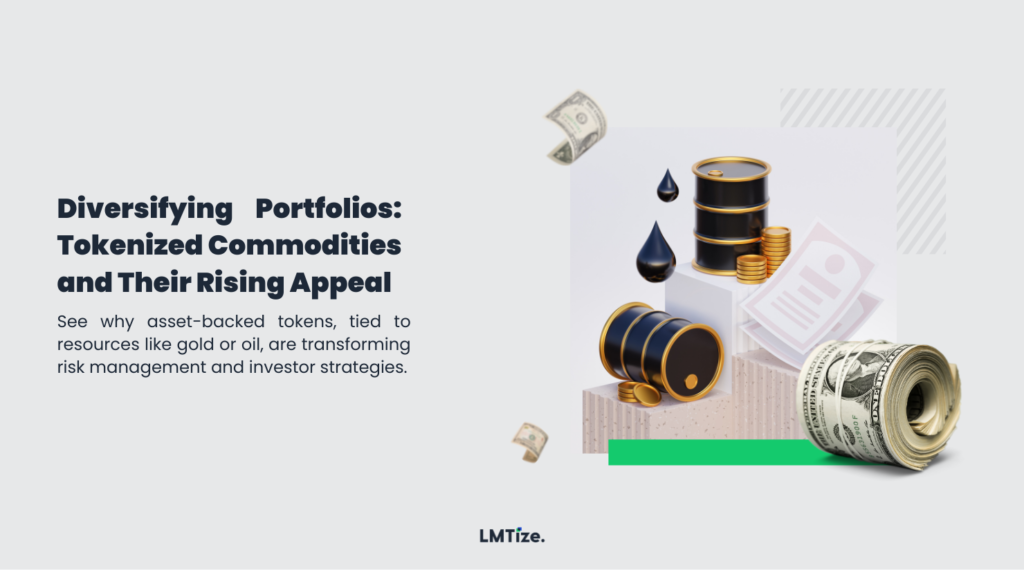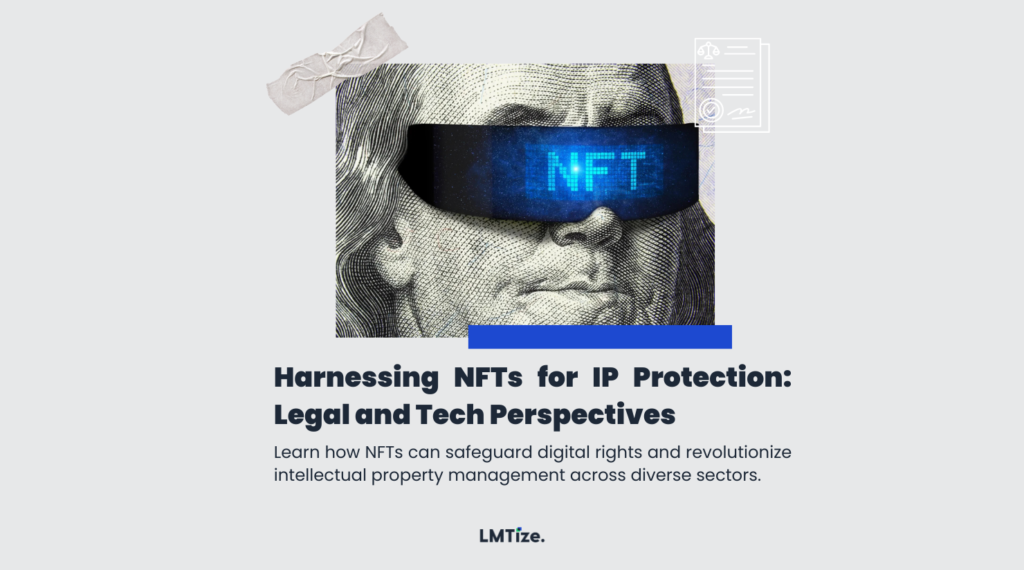Navigating Global Regulations: Compliance Best Practices for Token Issuers
Introduction: The Importance of Regulatory Compliance in Tokenization
The growing adoption of blockchain technology and tokenized assets has brought increased scrutiny from regulators worldwide. For businesses looking to issue tokens, ensuring regulatory compliance is a critical factor in avoiding legal risks, securing investor trust, and achieving long-term success.
As different jurisdictions impose varied legal requirements on tokenized assets, issuers must navigate a complex landscape of securities laws, anti-money laundering (AML) requirements, taxation policies, and investor protections. This article provides a comprehensive guide to navigating global token regulations and implementing best practices for compliance.
Understanding Token Classifications in Different Jurisdictions
1. Security Tokens vs. Utility Tokens
The classification of tokens varies by jurisdiction, but the primary distinction lies between security tokens and utility tokens:
- Security Tokens: Represent ownership, investment contracts, or shares in an asset and are subject to securities regulations.
- Utility Tokens: Provide access to a product or service and are generally not regulated as securities, but may still face compliance requirements.
2. Stablecoins and Payment Tokens
- Stablecoins, pegged to fiat currency, face increasing financial and banking regulations.
- Payment tokens, used for transactions, may require financial licensing under anti-money laundering laws.
3. Hybrid Tokens and Emerging Models
- Some tokens function as both securities and utilities, requiring careful regulatory structuring.
- Governance tokens in DAOs (Decentralized Autonomous Organizations) present unique challenges regarding legal recognition and accountability.
Key Regulatory Frameworks Across Major Markets
1. United States: SEC, CFTC, and FinCEN Regulations
- The U.S. Securities and Exchange Commission (SEC) applies the Howey Test to determine if a token qualifies as a security.
- CFTC (Commodity Futures Trading Commission) oversees derivative and commodity tokens.
- FinCEN (Financial Crimes Enforcement Network) mandates AML compliance, including Know Your Customer (KYC) procedures.
- Regulatory Frameworks:
- Reg D: For accredited investors in private sales.
- Reg A+: Allows public offerings up to $75 million with SEC approval.
- Reg S: For non-U.S. token sales.
2. European Union: MiCA and MiFID II Compliance
- The Markets in Crypto-Assets (MiCA) Regulation provides EU-wide standards for digital assets.
- MiFID II (Markets in Financial Instruments Directive) regulates security tokens similar to traditional financial securities.
- AML Directives require strong KYC and transaction monitoring for tokenized asset issuers.
3. Asia-Pacific Region: Singapore, Hong Kong, and Japan
- Singapore (MAS – Monetary Authority of Singapore): Regulates tokenized securities under the Securities and Futures Act (SFA).
- Hong Kong (SFC – Securities and Futures Commission): Requires exchanges and token issuers to comply with licensing requirements.
- Japan (FSA – Financial Services Agency): Enforces strict crypto asset regulations, especially for stablecoins.
4. Switzerland and Liechtenstein: Crypto-Friendly Legal Frameworks
- Switzerland’s FINMA (Financial Market Supervisory Authority) classifies tokens as payment, utility, or securities.
- Liechtenstein’s Blockchain Act provides a structured framework for token issuance and trading.
5. Middle East and Africa: Growing Crypto Regulation
- UAE (Dubai’s VARA – Virtual Asset Regulatory Authority): Developing crypto-friendly laws for institutional investors.
- South Africa: Introduced AML and securities compliance requirements for crypto asset issuers.
Best Practices for Ensuring Compliance as a Token Issuer
1. Perform a Regulatory Assessment Before Launch
- Engage legal experts to determine the classification of your token.
- Evaluate jurisdiction-specific requirements before issuing or listing the token.
2. Implement Strong AML and KYC Policies
- Follow FATF (Financial Action Task Force) guidelines to prevent financial crimes.
- Use identity verification and transaction monitoring to detect suspicious activity.
3. Secure Proper Licensing and Registrations
- Apply for appropriate financial services licenses based on your token model.
- Register with regulatory bodies such as the SEC, MAS, or FINMA as required.
4. Provide Transparent Token Documentation
- Publish whitepapers and legal disclaimers outlining token functionality and risks.
- Ensure investor disclosures meet regulatory standards.
5. Use Regulated Exchanges and Custodians
- List security tokens on regulated exchanges like tZERO, Securitize, or INX.
- Partner with institutional-grade custodians for secure asset storage.
6. Conduct Smart Contract Audits
- Perform regular audits to detect vulnerabilities and comply with security best practices.
- Work with firms like CertiK, OpenZeppelin, or ChainSecurity.
7. Develop a Clear Governance and Compliance Roadmap
- Define on-chain governance frameworks for DAOs and tokenized asset management.
- Keep up with regulatory updates and adjust compliance measures accordingly.
LMTize: Your Compliance Partner for Token Issuance
LMTize is a leading asset tokenization agency, providing regulatory guidance and compliance solutions for businesses launching tokens. Our expertise in cross-border regulations, legal structuring, and security token offerings (STOs) ensures that issuers remain fully compliant while optimizing their token strategies.
LMTize supports global token issuance with tailored solutions in AML, KYC, smart contract audits, and investor protection frameworks.
Frequently Asked Questions (FAQs)
Why is regulatory compliance important for token issuers?
- Ensuring compliance prevents legal penalties, protects investors, and builds trust in the digital asset ecosystem.
How do I determine if my token is a security or a utility token?
- Legal frameworks like the SEC’s Howey Test and MiFID II in Europe help classify tokens.
What licenses do I need to issue a security token?
- Security tokens typically require registration with securities regulators such as SEC, FINMA, or MAS.
What AML/KYC requirements apply to token issuers?
- Issuers must follow FATF guidelines, including identity verification and transaction monitoring.
How does the EU’s MiCA regulation impact token issuance?
- MiCA provides clear compliance frameworks for crypto assets and investor protections across the EU.
Are stablecoins subject to financial regulations?
- Yes, regulatory bodies increasingly view stablecoins as financial instruments, requiring compliance with banking laws.
Where can I legally issue and trade security tokens?
- Countries like Switzerland, Liechtenstein, Singapore, and the U.S. offer regulated security token exchanges.
How can smart contracts help with compliance?
- Smart contracts automate investor verification, token transfer restrictions, and regulatory reporting.
What risks do non-compliant token issuers face?
- Legal penalties, fines, exchange delisting, and investor lawsuits.
How can LMTize assist with token compliance?
- LMTize provides regulatory consulting, smart contract audits, AML/KYC solutions, and legal structuring for compliant token issuance.
Conclusion: The Future of Compliant Token Issuance
As global regulations evolve, token issuers must adopt best compliance practices to ensure seamless operations and regulatory security. By partnering with LMTize, businesses can successfully launch compliant, secure, and scalable tokenized assets while navigating cross-jurisdictional challenges with confidence.




